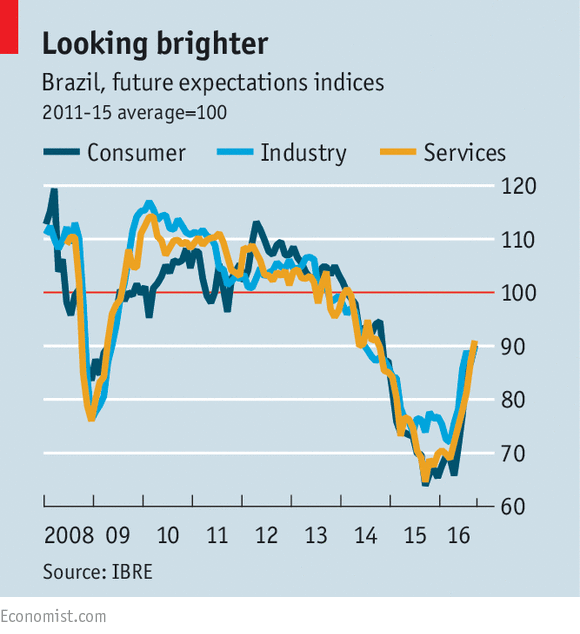NEW YORK, Oct. 30, 2016 (GLOBE NEWSWIRE) — Pomerantz LLP announces that a class action lawsuit has been filed against Polaris Industries, Inc. (“Polaris” or the “Company”) (NYSE:PII) and certain of its officers. The class action, filed in United States District Court, District of Minnesota, and docketed under 16-cv-03108, is on behalf of a class consisting of all persons or entities who purchased or otherwise acquired Polaris securities between January 26, 2016 and September 11, 2016 both dates inclusive (the “Class Period”). This class action seeks to recover damages against Defendants for alleged violations of the federal securities laws under the Securities Exchange Act of 1934 (the “Exchange Act”).
If you are a shareholder who purchased Polaris securities during the Class Period, you have until November 15, 2016 to ask the Court to appoint you as Lead Plaintiff for the class. A copy of the Complaint can be obtained at www.pomerantzlaw.com. To discuss this action, contact Robert S. Willoughby at rswilloughby@pomlaw.com or 888.476.6529 (or 888.4-POMLAW), toll free, ext. 9980. Those who inquire by e-mail are encouraged to include their mailing address, telephone number, and number of shares purchased.
[Click here to join this class action]
Polaris, together with its subsidiaries, designs, engineers, manufactures, and markets off-road vehicles, snowmobiles, motorcycles, and on-road vehicles in the United States, Canada, Western Europe, Australia, and Mexico.
On July 23, 2015, Polaris issued a recall for the Company’s model-year 2016 Youth RZR off-highway vehicle, citing fire hazards. Three other recalls of the Company’s RZR vehicles followed—in October 2015, December 2015, and April 2016—affecting more than 160,000 RZR vehicles of various model years.
Nevertheless, Polaris consistently advised investors that the Company expected full year 2016 net income to be at least $6.00 per diluted share. On January 26, 2016, Polaris issued a press release reporting full-year guidance in the range of $6.20 to $6.80 per diluted share; on April 21, 2016, Polaris issued a press release maintaining the same guidance estimate; and on July 20, 2016, Polaris issued a press release only slightly lowering and narrowing its guidance range to $6.00 to $6.30 per diluted share.
The Complaint alleges that throughout the Class Period, Defendants made false and/or misleading statements, as well as failed to disclose material adverse facts about the Company’s business, operations, and prospects. Specifically, Defendants made false and/or misleading statements and/or failed to disclose that: (i) the Company was unable to sufficiently validate the initially identified repair for certain of its recalled RZR vehicles; (ii) as a result, the Company would ultimately need to implement a more complex and expensive repair solution; (iii) the financial impact of RZR vehicle recalls was therefore greater than the Company had disclosed to investors; (iv) consequently, the Company had overstated its full-year 2016 guidance; and (v) as a result of the foregoing, Polaris’s public statements were materially false and misleading at all relevant times.
On September 12, 2016, pre-market, Polaris issued a press release announcing that the Company was lowering its full-year 2016 earnings guidance to the range of $3.30 to $3.80 per diluted share. The Company attributed the lowered guidance to the impact of RZR thermal-related problems, citing, in part, the Company’s inability “to sufficiently validate the initially identified RZR Turbo recall repair, necessitating a more complex and expensive repair solution.”
On this news, Polaris stock fell $4.05, or 5.01%, to close at $76.79 on September 12, 2016.
The Pomerantz Firm, with offices in New York, Chicago, Florida, and Los Angeles, is acknowledged as one of the premier firms in the areas of corporate, securities, and antitrust class litigation. Founded by the late Abraham L. Pomerantz, known as the dean of the class action bar, the Pomerantz Firm pioneered the field of securities class actions. Today, more than 80 years later, the Pomerantz Firm continues in the tradition he established, fighting for the rights of the victims of securities fraud, breaches of fiduciary duty, and corporate misconduct. The Firm has recovered numerous multimillion-dollar damages awards on behalf of class members. See www.pomerantzlaw.com
CONTACT: Robert S. Willoughby Pomerantz LLP rswilloughby@pomlaw.com


